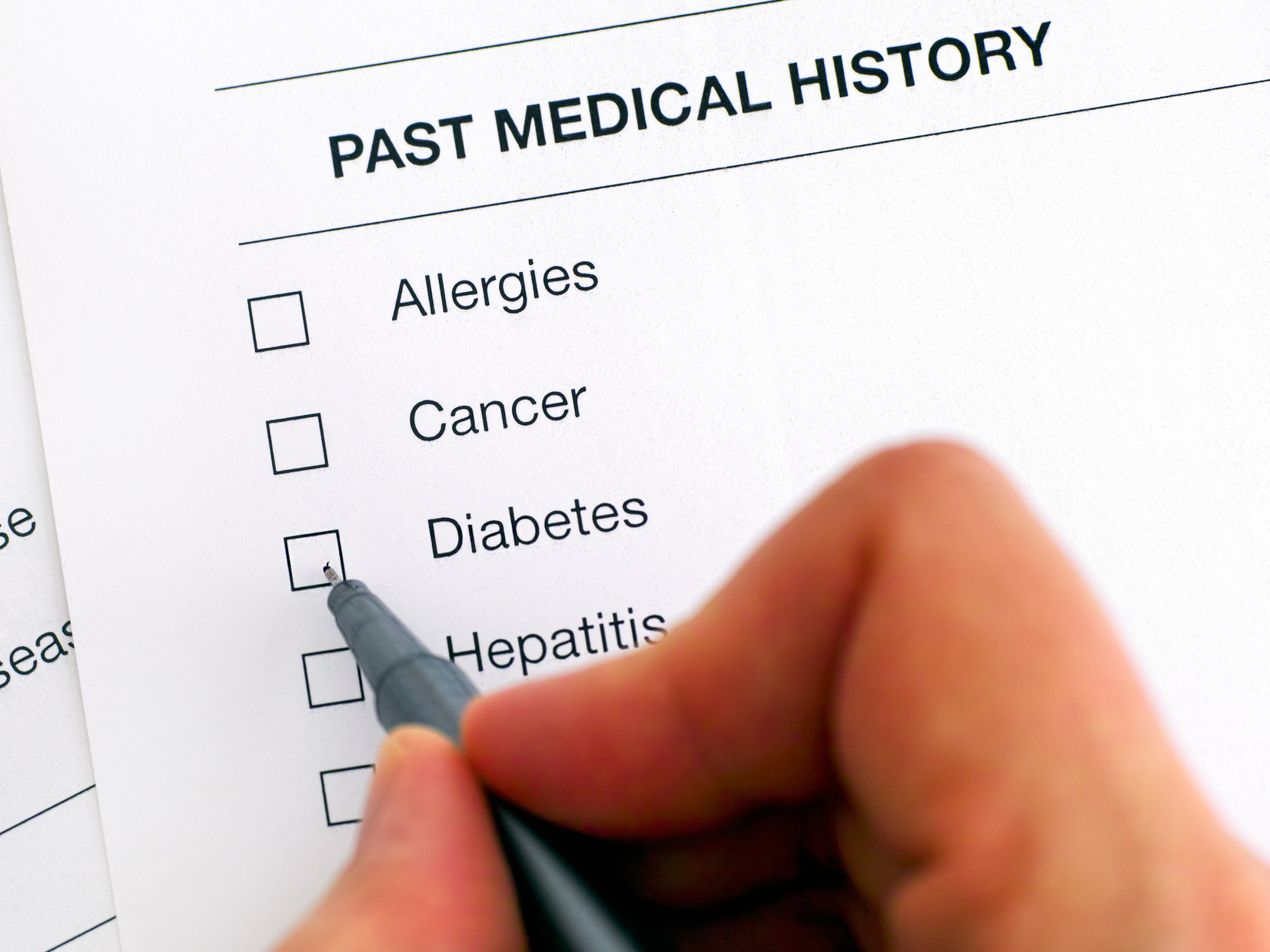Get Easy Health Digest™ in your inbox and don’t miss a thing when you subscribe today. Plus, get the free bonus report, Mother Nature’s Tips, Tricks and Remedies for Cholesterol, Blood Pressure & Blood Sugar as my way of saying welcome to the community!
The real reason diabetes raises cancer risk

If you have diabetes, you have a higher risk of cancer. That’s just the way it is.
It doesn’t matter if you have type 1 or type 2 diabetes. It doesn’t matter if you’re a man or a woman. (although, if you’re a diabetic woman, your risk is even higher). Because here are the cold, hard facts…
- People with diabetes have as much as 2.5 times higher risk of developing ovarian, breast, kidney and other cancers.
- People with diabetes are also more likely to metastatic cancer (the kind that spreads).
Why?
Until recently, we had more questions about the connection between these two serious diseases than answers. But new research may have finally revealed why diabetes encourages cancer to grow and spread…
Diabetes-related DNA damage increases cancer risk
A recent study from researchers at City of Hope, a research and treatment center for cancer and diabetes, found that DNA damage triggers a higher cancer risk in people with diabetes.
Researchers looked at the cells of diabetic mice and people. They compared these to cells from mice and people without diabetes. Not only did diabetic cells contain more DNA damage, but diabetic cells didn’t have the ability to fix the damage.
Put simply, when blood sugar is high, cells are damaged more easily, and they are unable to repair themselves. This damage leads to genome instability, which is a hallmark of cancer.
Managing blood sugar and cancer risk
So, if high blood sugar leads to DNA damage, the obvious solution here is to maintain blood sugar control. But anyone with diabetes knows that’s a lot harder than it sounds.
How do you reclaim balanced blood sugar when your body’s blood sugar balancing mechanism is all messed up?
All I know is this…
The most promising results I’ve seen for diabetes have come from fasting, fast-mimicking diets, and low-calorie diets. These options are somewhat extreme. And I wouldn’t recommend trying them without the partnership of a doctor, but studies show they can reset cells in a way that often sends diabetes into remission.
In fact, a 2017 study found that following a low-calorie diet for eight weeks reversed type 2 diabetes for many people. And a 2018 study found that a type of intermittent fasting called a 5:2 diet (where you eat low cal two days per week and follow a normal diet the other five days) helped people with type 2 diabetes lower blood sugar and lose weight.
There’s even evidence that a fast-mimicking diet (a diet that mimics the effect of fasting) can improve type 1 diabetes in mice. Now, as you probably know, type 1 diabetes is a totally different beast than type 2 diabetes. It’s an autoimmune disease. It tends to be a lot more serious and difficult to get into remission than type 2 diabetes. But a fast-mimicking diet reprogramed pancreatic cells and restored insulin production for mice with the disease. Hopefully, it can do the same for people.
Clearly, there’s a lot of hope for managing diabetes (and as a result, cancer risk) through fasting and low-calorie diets. If you’re interested in exploring your options in this area, talk to an open-minded, supportive doctor who you trust.
Editor’s note: Are you feeling unusually tired? You may think this is normal aging, but the problem could be your master hormone. When it’s not working, your risk of age-related diseases skyrockets. To reset what many call “the trigger for all disease” and live better, longer, click here to discover The Insulin Factor: How to Repair Your Body’s Master Controller and Conquer Chronic Disease!
Sources:
- How diabetes can increase cancer risk — MedicalXpress
- Link between diabetes and cancer risk firmly established — Medical News Today
- Genomic Instability and Cancer — Journal of Carcinogenesis and Mutagenesis
- Fasting-mimicking diet may reverse diabetes — University of Southern California












